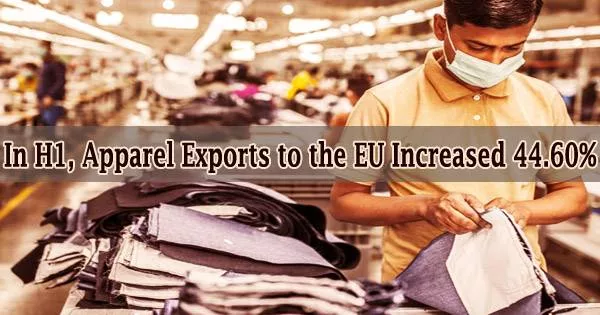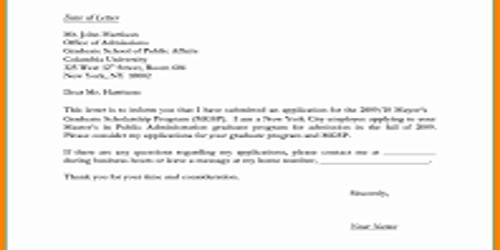Bangladesh’s apparel exports to the European Union grew 44.60% to $11.31 billion in the January-June period of this year, said the Bangladesh Garment Manufacturers and Exporters Association (BGMEA).
Citing European Commission’s official trade statistics Eurostat, the BGMEA on Saturday said EU’s import from Bangladesh witnessed the highest growth in the first half of the current year among the top readymade garment sourcing countries.
The EU’s global import in January-June grew by 25.03%, according to the BGMEA, mainly by recovery from the pandemic and increased shopping by consumers.
China, being the top apparel import source for the EU, registered 21.78% year-over-year growth in January-June as the block imported apparel worth $12.22 billion from the country in the H1.
Turkey being the third largest apparel source of the EU posted 20.38% year-over-year growth. The EU imported $10.89 billion worth of clothing from Turkey.
However, we observed that Bangladesh’s total export maintained significant growth until August 2022, which means EU’s imports from Bangladesh might keep on a positive trend till September, and may falter afterwards as retail sales is already affected by economic turmoil and buyers being cautious about overstock and current production.
Other top countries having high growth were Cambodia 24.90%, Pakistan 40.15%, Indonesia 32.28%, and India 28.64%.
The upward trend in apparel export might not sustain in the following months of 2022 due to inflation at historic levels, especially the price hike of fuel and food, and the downturn in economic growth than projections indicating recession, mentioned the BGMEA media release signed by its Director Md Mohiuddin Rubel.
“An unusual long summer may also affect the winter clothing range,” the exporters’ association noted.
“However, we observed that Bangladesh’s total export maintained significant growth until August 2022, which means EU’s imports from Bangladesh might keep on a positive trend till September, and may falter afterwards as retail sales is already affected by economic turmoil and buyers being cautious about overstock and current production,” it concluded.
















